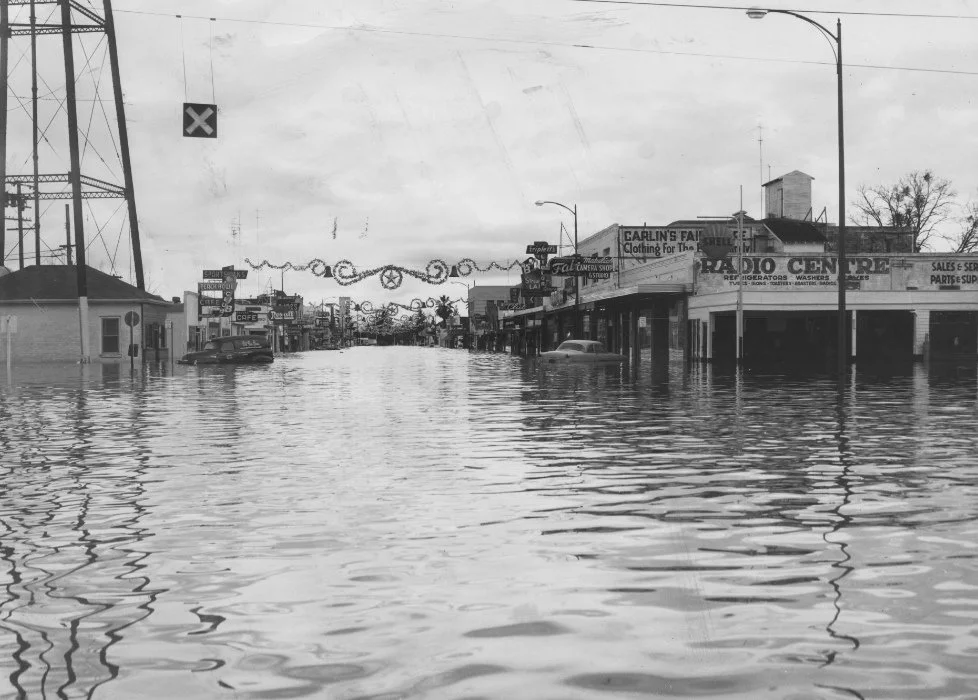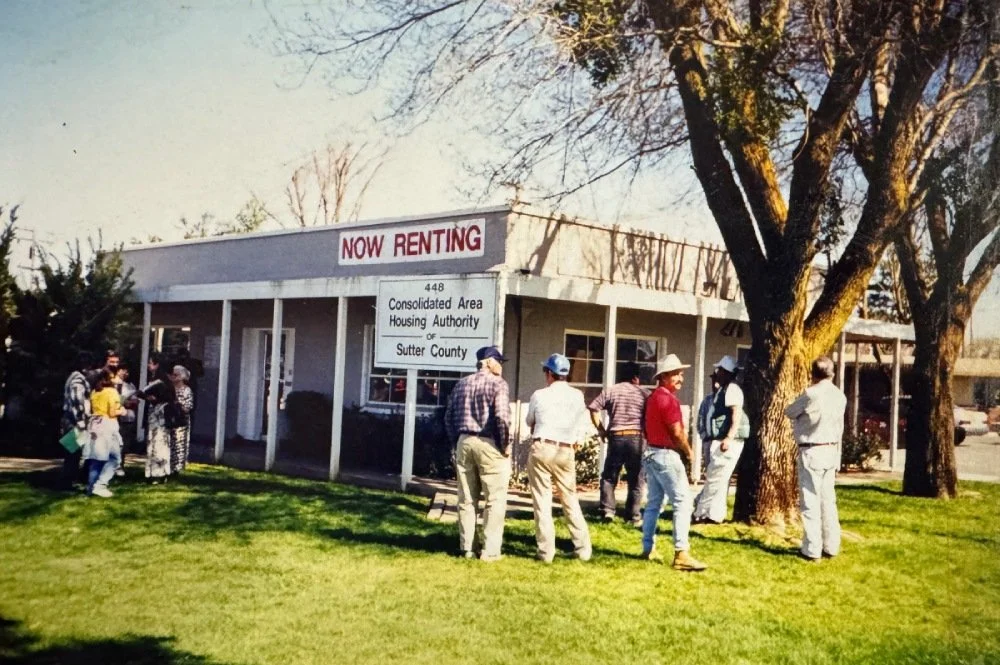History
Introduction
California’s estimated 850,000 agricultural workers produce 33% of U.S. vegetables and 75% of U.S. fruits and nuts. California is the world’s fifth largest food producer. The vast majority of California’s farm workers are seasonal workers and live in one place year-round, changing jobs with each changing season. Only 3-5% of today’s farm workers are migrant workers, following the crops with each changing season.
California agriculture began to take its modern, industrial form in the late 1800s, when land use and water rights laws turned in favor of agriculture. With the development of California’s agriculture from small family farms to agribusiness, by the early 1900s California was home to some of the country’s most volatile farm labor organizing efforts, pitting workers against large, industrial agricultural giants then based in California.
Despite many heroic efforts, farm workers have remained among the poorest workers in California, and in the country. The average annual income of a farm worker in California is just over $20,000 per year. Their life expectancy is 49 years, virtually unchanged since 1960. Farm workers face chemical exposure, sun exposure, lack of healthcare and the growing impacts of human-caused climate change like extreme heat and drought, while federal policies continue to scapegoat one group of immigrant workers or another, rather than addressing the real challenges facing U.S. agriculture and agricultural workers.
WFWA has spent four decades building alliances with farmers, concerned residents, students, clergy and others with past experience in efforts to address the poverty conditions facing agricultural workers. What you will find below is a brief overview of WFWA’s history in the Sacramento Valley; to get the whole story, and help create new history, come into WFWA’s office and participate in the effort to build real solutions for our area’s lowest-paid workers.
Our Story
Milestones in WFWA History
1955
The Great Flood of 1955
“At the time of the Yuba City flood in December 1955, it was considered the most severe natural disaster in California since the 1906 San Francisco earthquake,” began an article from the Sacramento News & Review. These floods left more than a dozen dead, thousands of homes destroyed and an entire community in upheaval. The floods also established a clear precedent of the lack of response by official government agencies, especially in relation to those agencies addressing the needs of agricultural workers and other low-income families suffering from the effects of the floods.
1986
WFWA’s Beginnings in the Midst of the 1986 Floods
Western Farm Workers Association (WFWA) began in February 1986 in the aftermath of severe flooding throughout northern California, impacting Yuba and Sutter Counties the hardest. It became apparent both to those residing in the areas most affected, and those engaged in volunteer disaster relief, that the government’s emergency aid efforts were not directed at agricultural workers and other poor residents even though they lacked the means to restore their homes or livelihoods. Farm workers in the towns of Linda and Olivehurst in southern Yuba County, joined by service and farm worker organizers from Sacramento and Stockton, resolved to organize collections of needed resources and began weekly independent, all-volunteer disaster relief caravans to provide immediate no-strings-attached assistance, filling requests for emergency food, clean bottled water, clothing, bedding and household furnishings in aid to those abandoned by official government relief agencies.
“The floods were a disaster, but I am a farm worker carrying 50 pounds of peaches climbing 25 to 30 foot ladders. One wrong step and I could no longer provide for my family. These are the daily disasters we live.”
— Pablo Perez, Advisory Committee member
1996
WFWA Members Launch Class Action Lawsuit After the State Illegally Doubled the Rent at State-run Migrant Centers
In 1996, the State of California illegally doubled the rents on 26 state-run migrant housing camps scattered around the state. WFWA introduced WFWA members affected by the illegal rent increase to an all-volunteer organization of attorneys who successfully won a class action lawsuit, winning a settlement of overpaid rent for farm worker families and providing a demonstration that farm workers are not alone in their demand for safe, affordable housing.
2004
Farm Workers Win Class Action Lawsuit
Ultimately, eight years after the original lawsuit was filed in 1996, the State agreed to settle for $1.2 million, the amount farm workers had overpaid in rent plus damages. The next challenge was to locate the migrant worker members of the class. To do that, teams of WFWA organizers visited all 26 of the state-run camps and enlisted the participation of volunteers with other organizations in California and Mexico, and enlisted Spanish-language radio to assist in locating the workers who travel the migrant stream via public service announcements. This resulted in a nearly 70% claims rate among thousands of migrant workers — far higher than the 9% national average. (Please click to enlarge the letter from then-Lieutenant Governor Cruz Bustamante, written in support of farm worker members of this class action suit, Vega v Mallory.)
2012
WFWA Moves into Permanent Office:
364 Wilbur Avenue, Yuba City
After 26 years of organizing, WFWA moved from its last rented space at 771 Almond Street, Yuba City to its Office Central at 364 Wilbur Avenue, Yuba City, purchased on behalf of WFWA’s membership. WFWA members recognized the necessity for a permanent home, especially given the transitory nature of migrant labor. WFWA now had a stable site to which members could return and re-connect with their association, demonstrating WFWA’s motto: “Here to Win, Here to Stay!
2012
Photo courtesy of David Bitton/Appeal-Democrat
Local Farmer Joins with WFWA to Support Pre-Harvest Food Distributions to Sacramento Valley Farm Worker Members
WFWA Operations Manager and Administrative Assistant met with a third generation farmer in Sutter County and explained that many farm workers face unemployment and hunger in late spring after going months with little to no work throughout the winter. While the farmer said his workers are year-round, he understood the challenges facing seasonal agricultural workers, stating that he believed that no farm worker should be without essential food items at any time of the year. The farmer then agreed to assist WFWA in organizing a pre-harvest food distribution, personally introducing WFWA organizers to local farmers, farmer organizations and others interested in assisting with the project. This began an annual tradition of large pre-harvest food distributions led by WFWA members and local farmers.








